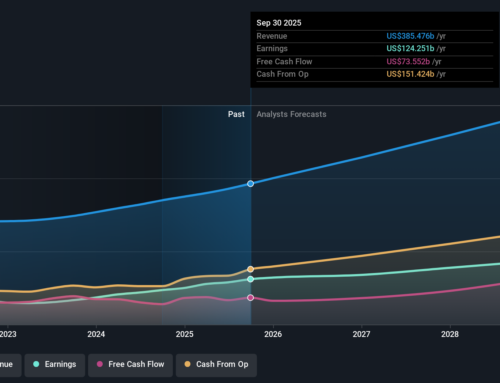Only three people prosecuted for covering up illegal sewage spills
April 24, 2025
Water company bosses have entirely escaped punishment for covering up illegal sewage spills, government figures show, as ministers prepare to bring in a new law threatening them with up to two years in prison for doing so.
Only three people have ever been prosecuted for obstructing the Environment Agency in its investigations into sewage spills, officials said, and none received even a fine.
Officials said the data shows why the water regulator has found it so difficult to stop illegal spills, which happen when companies dump raw sewage during dry weather. The Environment Agency, which investigates water companies in England, has identified hundreds of such cases since 2020.
Steve Reed, the environment secretary, said: “Bosses must face consequences if they commit crimes – there must be accountability. From today, there will be no more hiding places.
“Water companies must now focus on cleaning up our rivers, lakes and seas for good.”
Water companies dumped a record amount of sewage into rivers and coastal waters last year, mostly because wet weather threatened to wash sewage back into people’s homes.
Data released last month by the Environment Agency revealed companies had discharged untreated effluent for nearly 4m hours during 2024, a slight increase on the previous year.
But companies have also illegally dumped sewage during dry weather. Data released to the Telegraph last year under freedom of information rules shows regulators had identified 465 illegal sewage spills since 2020, with a further 154 under investigation as potentially illegal spills.
Britain’s polluted waterways became a major issue at last year’s election, with Labour promising to end what it called the “Tory sewage scandal”.
Government sources say one reason illegal spills have been allowed to continue is that regulators have faced obstruction when investigating them.
In 2019, three employees at Southern Water were convicted of hampering the Environment Agency when it was trying to collect data as part of an investigation into raw sewage spilled into rivers and on beaches in south-east England.
The maximum punishment available in that case was a fine, but none of the individuals were fined. Several of the employees said at the time they were told by the company solicitor not to give data to the regulator.
Two years later, Southern was given a £90m fine after pleading guilty to thousands of illegal discharges of sewage over a five-year period.
New rules coming into force on Friday will give legal agencies the power to bring prosecutions in the crown court against employees for obstructing regulatory investigations, with a maximum sanction of imprisonment.
Directors and executives can be prosecuted if they have consented to or connived with that obstruction, or allowed it to happen through neglect.
The rules were included in the Water (Special Measures) Act, which came into law in February. The act also gives the regulator new powers to ban bonuses if environmental standards are not met and requires companies to install real-time monitors at every emergency sewage outlet.
Philip Duffy, the chief executive of the Environment Agency, said: “The act was a crucial step in making sure water companies take full responsibility for their impact on the environment.
“The tougher powers we have gained through this legislation will allow us, as the regulator, to close the justice gap, deliver swifter enforcement action and ultimately deter illegal activity.
“Alongside this, we’re modernising and expanding our approach to water company inspections – and it’s working. More people, powers, better data and inspections are yielding vital evidence so that we can reduce sewage pollution, hold water companies to account and protect the environment.”
Search
RECENT PRESS RELEASES
Related Post




